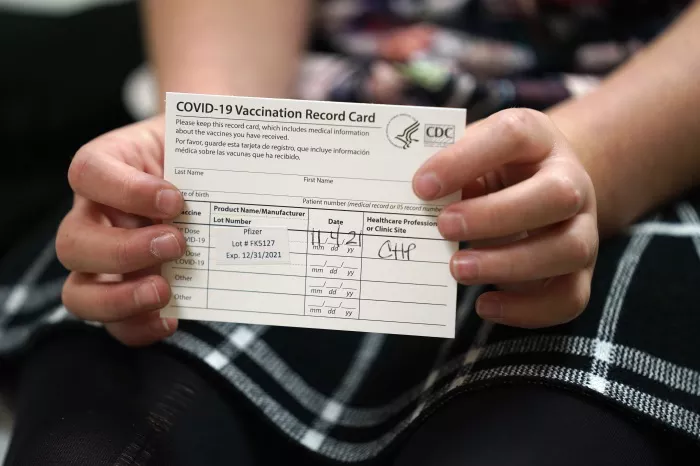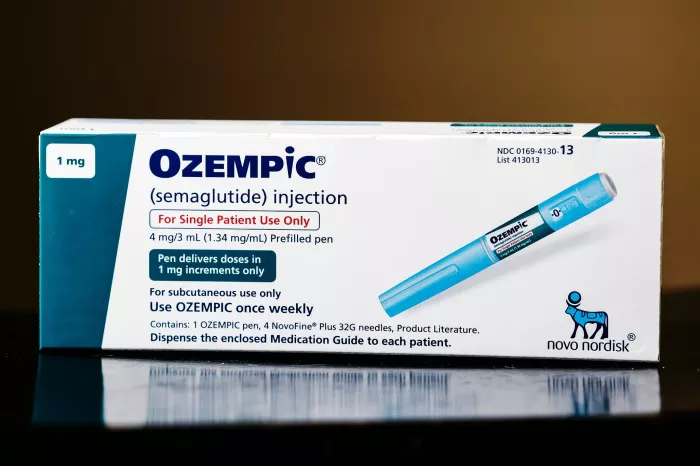Allergy medicine, a cornerstone of managing allergic reactions, comes in various forms and formulations. The effectiveness and duration of these medications play a pivotal role in providing relief to individuals dealing with allergies. In this comprehensive exploration, we delve into the intricacies of allergy medicine, seeking to unravel the question: How long does allergy medicine last?
Introduction to Allergy Medicine
Allergy medicine, also known as antihistamines or allergy relief medications, is designed to alleviate the symptoms associated with allergic reactions. These symptoms can range from sneezing, itching, and watery eyes to more severe manifestations like hives or difficulty breathing. Understanding the duration of allergy medicine’s efficacy is essential for individuals relying on these medications for relief.
The Varied Landscape of Allergy Medications
The market offers a diverse array of allergy medications, each with its unique formulation and duration of action. From over-the-counter (OTC) antihistamines to prescription-strength options, individuals can choose from short-acting to long-acting formulations based on the nature and severity of their allergies. Navigating this landscape requires insight into the specific characteristics of each type of allergy medicine.
Immediate vs. Extended Relief
Allergy medicines can be categorized based on their onset and duration of action. Immediate-release formulations provide rapid relief but may have a shorter duration of effectiveness. Extended-release or long-acting formulations, on the other hand, offer prolonged relief, making them suitable for individuals seeking sustained protection against allergic symptoms. Understanding these timelines is crucial in determining how long the effects of allergy medicine last.
Factors Influencing Allergy Medicine Duration
Several factors contribute to the duration of allergy medicine’s effectiveness. The type of medication, its formulation, and individual variability in response all play pivotal roles. Additionally, the specific allergen or trigger and the overall health of the individual can influence how long the allergy medicine remains effective. By examining these factors, we can gain insights into the nuances of allergy medicine duration.
Antihistamines and Their Role in Allergy Relief
Antihistamines, a common component of allergy medicine, work by blocking the action of histamine, a chemical released during allergic reactions. This class of medications can be further divided into first-generation and second-generation antihistamines, each with its own characteristics regarding onset, duration, and potential side effects. Exploring the role of antihistamines provides a foundation for understanding how long allergy relief can be sustained.
Decongestants and Combination Medications
Beyond antihistamines, decongestants and combination medications also contribute to allergy relief. Decongestants aim to reduce nasal congestion, a common allergy symptom. Combination medications, which often include both antihistamines and decongestants, provide a comprehensive approach to managing multiple symptoms. Examining the duration of action of these components offers a holistic view of how long allergy medicine can provide relief.
Individual Responses and Tolerance
Individual responses to allergy medicine can vary significantly. Factors such as age, overall health, and the presence of other medical conditions can influence how the body processes and responds to the medication. Tolerance, a phenomenon where the body becomes less responsive to a medication over time, is also a consideration when evaluating how long allergy medicine remains effective for an individual.
Children and Allergy Medicine
Children with allergies present a unique demographic with specific considerations for allergy medicine. Understanding the appropriate formulations, dosages, and duration of action for pediatric use is crucial. Exploring how allergy medicine interacts with the developing systems of children provides valuable insights into tailoring allergy relief for this demographic.
Overcoming Challenges
While allergy medicine is effective in managing symptoms, challenges such as adherence and lifestyle factors can impact its overall efficacy and duration. Strategies for optimizing the effectiveness of allergy medicine, including consistent use, proper timing, and lifestyle modifications, contribute to prolonging its efficacy and providing sustained relief.
Allergy Medicine and Chronic Conditions
For individuals dealing with chronic allergies or allergic conditions, the question of long-term use and sustainability of allergy medicine efficacy arises. Balancing the need for ongoing symptom management with potential considerations such as side effects or evolving allergy triggers requires a comprehensive approach. Examining how allergy medicine fits into the framework of chronic allergy management sheds light on sustained relief strategies.
Conclusion
In conclusion, the duration of allergy medicine’s effectiveness is a multifaceted consideration that involves understanding the specific medication, its formulation, and individual factors influencing response. Armed with this knowledge, individuals can navigate the landscape of allergy relief more effectively, making informed choices about how long allergy medicine lasts and optimizing its impact on their daily lives.
[inline_related_posts title=”You Might Be Interested In” title_align=”left” style=”list” number=”6″ align=”none” ids=”3676,3636,3634″ by=”categories” orderby=”rand” order=”DESC” hide_thumb=”no” thumb_right=”no” views=”no” date=”yes” grid_columns=”2″ post_type=”” tax=””]
































